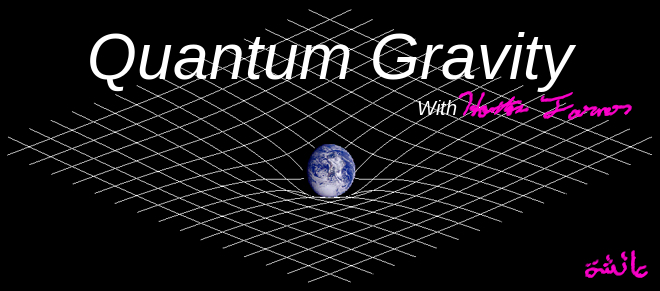Suppose a team of particle physicist figure out a way to get a bunch of protons in an accelerator up to a energy density of 0.1 or 0.2 of the Planck density. Then observed the coulomb explosion of this bundle of particles. Less than a second after the big bang the whole universe would have been a soup of elementary particles at those kind of densities. What would happen. I don't know but it might be interesting to find out.
Theoretically the only force acting would be electroweak. Suppose we could observe some inflation like effect. In particular I would want to look for the angular distribution of the particles after the containing manetic field is turned off.
Looking at the sky from Earth in the Microwave spectrum and seeing a practically uniform background is one of the big reasons we think inflation is correct. Seeing a uniform coulomb distribution of particles from a coulomb explosion would be un expected. If we see such a distribution then we may just be seeing an inflation like effect.
That is one, and perhaps the only way, that the LHC or a similar accelerator could truly "simmulate the big bang". I would not favor doing this and involving a collision. The products of the collision would introduce variables that would be hard to control. Having particles of the same mass and charge is key to this concept.
If this has been proposed before then please excuse me. Similar analogies between galactic evolution and particle beams have been made before. See the external links.
Related articles
- Big Bang Not To Follow Pluto
- The first few hundred thousand years of existence. From the Big Bang. To the Cosmic Microwave Background.
- The Quest For The First Moments Of The Universe
- Inflation Celebration!
- The big bang was not an Explosion: However an explosion is a metaphor for what the big bang was.




Comments